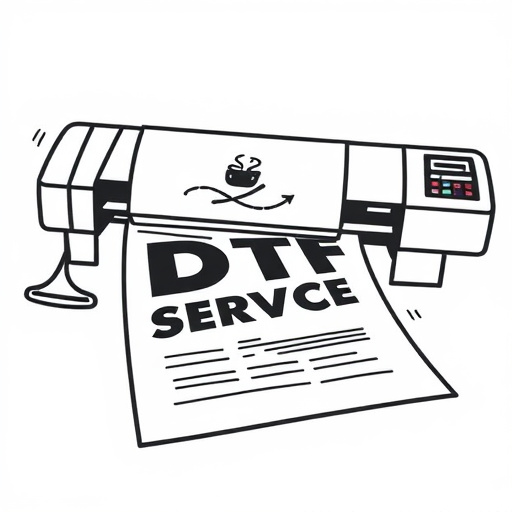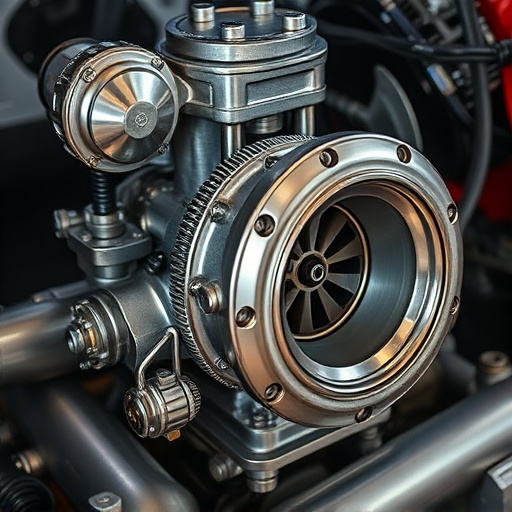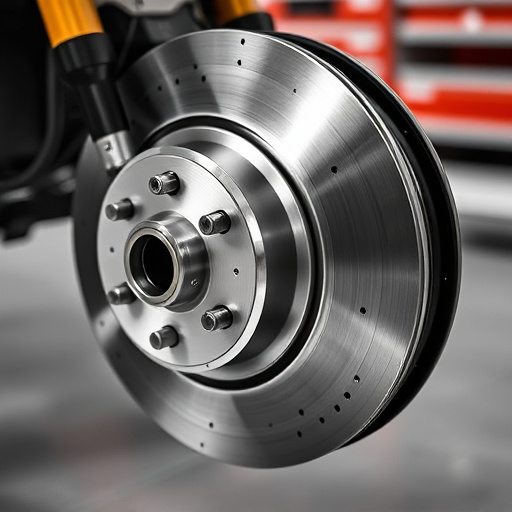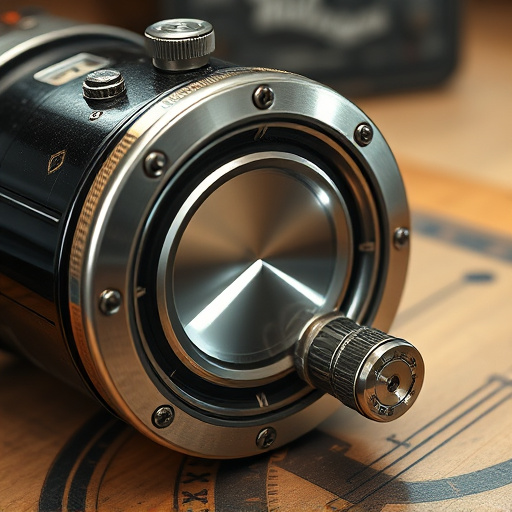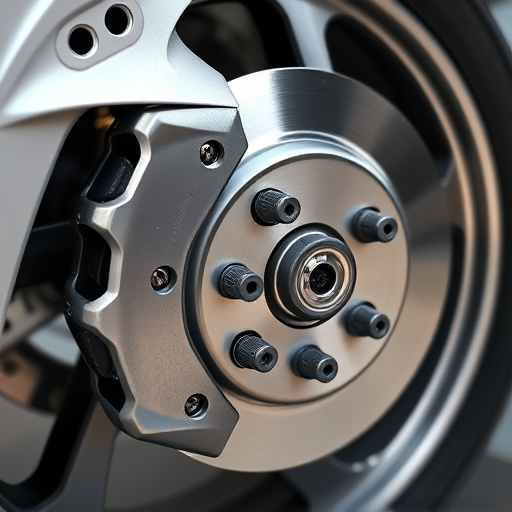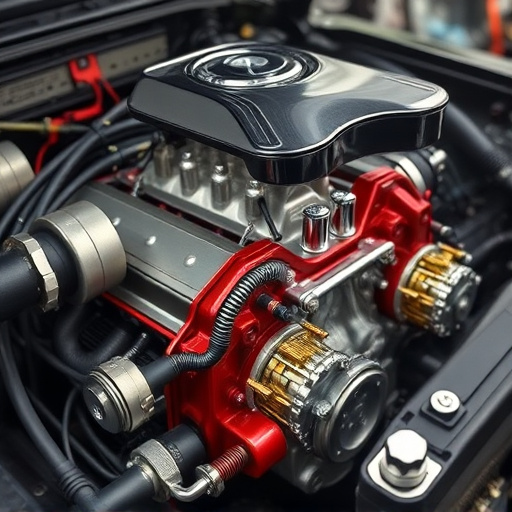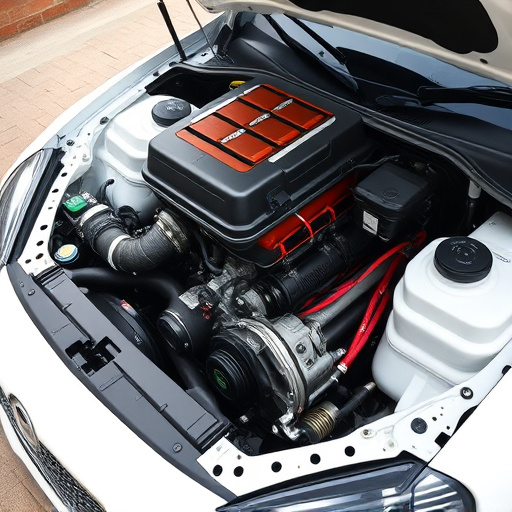A car owner's understanding of their vehicle's suspension system is vital for safety and performance. Regular maintenance, including checks on shocks, struts, control arms, wheel alignment, and exhaust components, prevents issues like worn parts and uneven tire wear. Upgrades to air filters, brakes, and high-quality exhaust systems further enhance handling and comfort, ensuring a well-maintained car suspension system.
Maximize your driving experience with a well-maintained car suspension system. This comprehensive guide unravels the intricacies of your vehicle’s foundation, empowering you to understand its basic functions and crucial role in safety and handling. Learn the art of regular maintenance checks to keep it in top shape. Discover common issues early on, preventing costly repairs. Optimize performance, enhance control, and ensure a smooth ride by implementing these essential tips tailored for your car suspension system.
- Understanding Your Car's Suspension Basics
- Regular Maintenance Checks for Optimal Performance
- Identifying and Addressing Common Suspension Issues Early On
Understanding Your Car's Suspension Basics

Every car owner should have a basic understanding of their vehicle’s car suspension system, as it plays a crucial role in safety, handling, and comfort. At its core, the suspension is designed to isolate the vehicle from road irregularities, ensuring a smooth ride for passengers while keeping the vehicle stable at high speeds and during sharp turns. It’s a complex interplay of various suspension components—shocks, struts, coils, springs, control arms, and more—all working together to maintain optimal tire contact with the road surface.
Understanding how these suspension components function and interact is key to getting the most out of your vehicle. For instance, performance air filters can enhance airflow to critical suspension parts, improving overall system efficiency. Similarly, high-quality performance brakes not only improve stopping power but also reduce strain on the suspension during aggressive braking maneuvers. By regularly maintaining and upgrading these car suspension system elements, you can enjoy better control, improved handling dynamics, and a more comfortable ride.
Regular Maintenance Checks for Optimal Performance

Regular maintenance checks are paramount to ensuring your car suspension system functions at its peak, ultimately enhancing vehicle performance. These checks should include a thorough inspection of all suspension components, such as shock absorbers, struts, and control arms, for any signs of wear, tear or damage. Early detection of these issues can prevent costly repairs and ensure the safety of your rides.
During maintenance, pay special attention to the alignment of your wheels and tires, as misalignment can negatively impact suspension effectiveness. Also, consider checking and replacing worn-out exhaust tips and intake components, as they play a role in the overall performance of your car’s engine, which indirectly affects its ability to support the suspension system optimally.
Identifying and Addressing Common Suspension Issues Early On

Regularly checking your car’s suspension system is key to ensuring optimal performance and safety on the road. Common issues like worn-out shock absorbers or uneven tire wear can be easily identified through routine inspections. Pay close attention to any unusual noises, vibrations, or handling peculiarities that might indicate problems with your suspension components. Addressing these concerns promptly can prevent more serious damage and enhance your overall driving experience.
Early detection of issues allows for cost-effective repairs and maintains the health of your vehicle’s suspension system. Regular maintenance includes checking brake pads for wear, ensuring proper alignment of wheels, and inspecting suspension parts for signs of wear or tear. Upgrading to high-quality performance exhaust systems can also positively impact your car’s handling by improving overall balance and stability.
By understanding the fundamental role of your car’s suspension system in ensuring safety, control, and comfort, and by implementing regular maintenance checks and proactive issue identification, you can maximize its performance. Regular attention to your vehicle’s suspension will not only extend its lifespan but also contribute to a smoother, safer ride for years to come.







